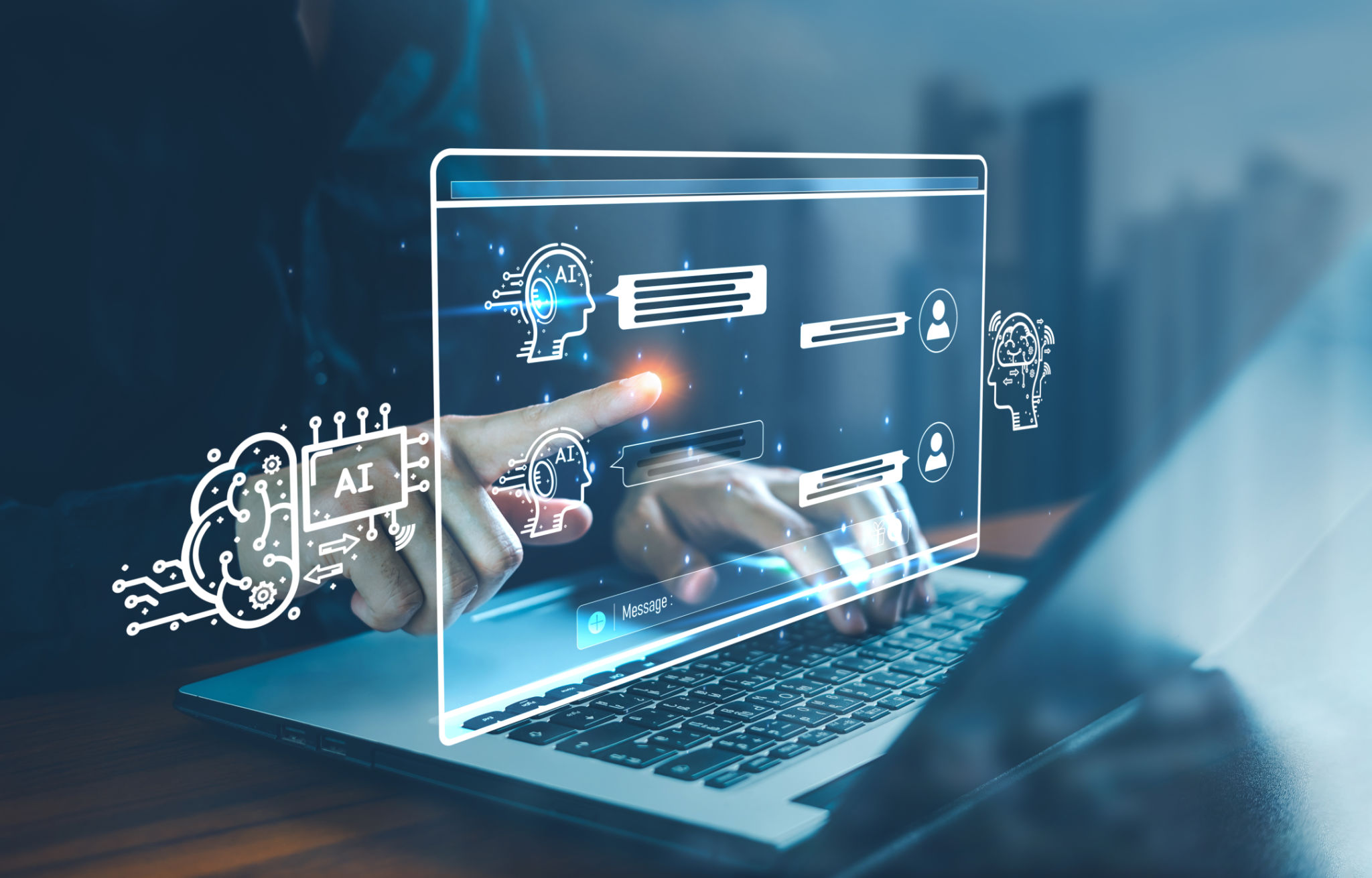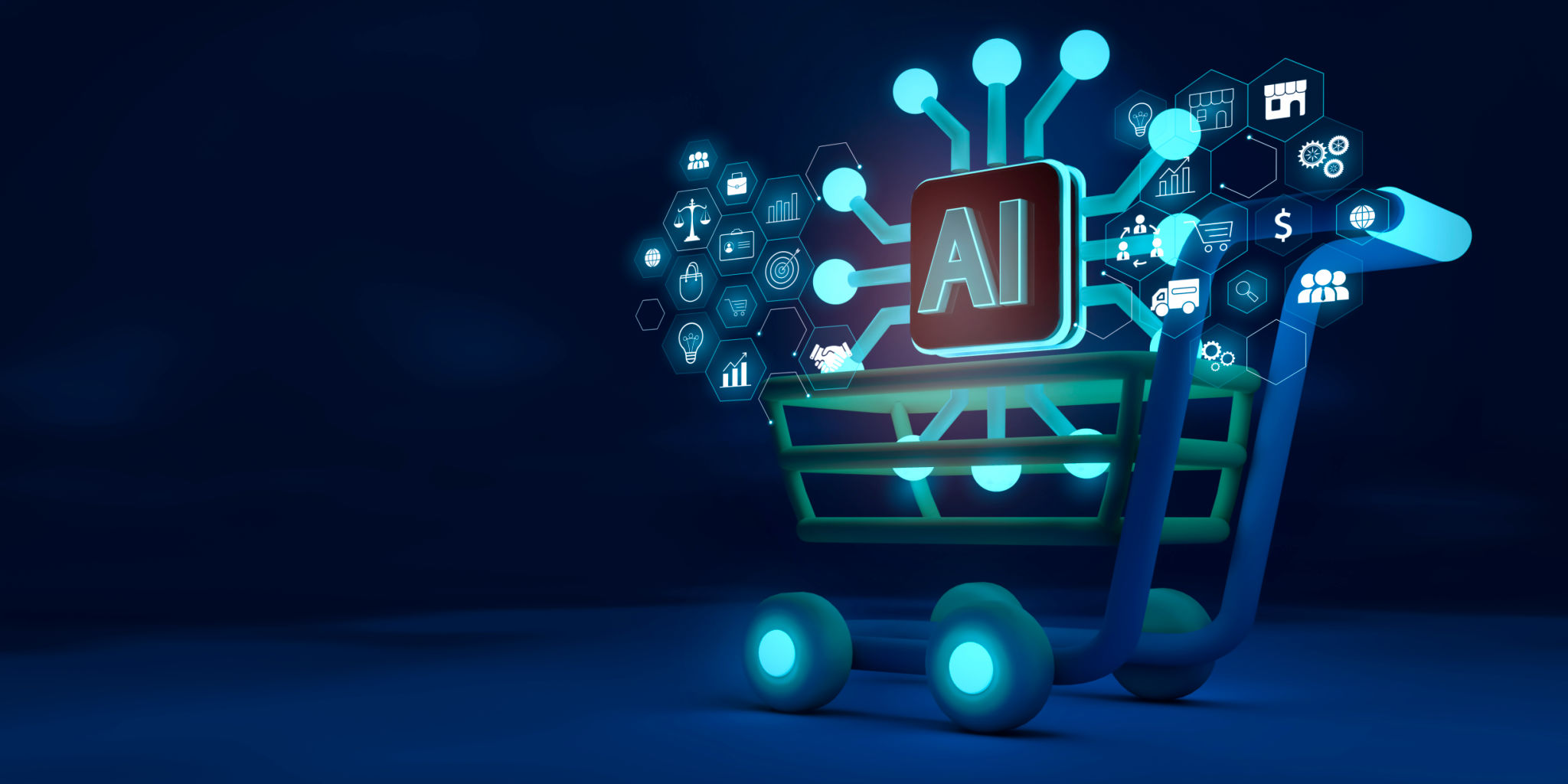How AI Training is Revolutionizing Industries: Current Trends
Introduction to AI Training
Artificial Intelligence (AI) has become a cornerstone of modern innovation, driving advancements across various sectors. A key component of its rapid evolution is AI training, which involves teaching machines to improve their performance on specific tasks. This training is revolutionizing industries by enhancing efficiency and creating new opportunities for growth.

The Role of AI in Industry Transformation
AI training is not just about developing smarter algorithms; it's about transforming how industries operate. From healthcare to finance, manufacturing to retail, AI is reshaping traditional processes. By optimizing operations, reducing costs, and improving accuracy, AI is enabling industries to achieve unprecedented levels of productivity.
Healthcare Innovations
In healthcare, AI training is leading to significant breakthroughs. Machine learning models are being trained to analyze medical images, predict patient outcomes, and even assist in surgical procedures. These advancements are not only improving patient care but also reducing the workload on healthcare professionals.

Financial Services Revolution
The finance sector is experiencing a revolution thanks to AI training. Algorithms are being developed to detect fraudulent activities, automate trading strategies, and provide personalized financial advice. This technological shift is enhancing the security and efficiency of financial transactions while offering customers more tailored services.
Current Trends in AI Training
Several trends are emerging in the world of AI training, each contributing to its growing impact on industries.
- Data-Driven Models: The use of large datasets is helping to create more accurate and reliable AI models.
- Transfer Learning: This technique allows models trained on one task to be adapted for another, reducing the time and resources needed for training.
- Explainable AI: As AI becomes more integrated into critical decision-making processes, there is a growing demand for transparency in how decisions are made.

Manufacturing Efficiency
In manufacturing, AI training is enhancing production lines with predictive maintenance and quality control. By analyzing data from machinery, AI can forecast potential breakdowns and ensure smoother operations. This proactive approach minimizes downtime and maximizes productivity.
Retail Personalization
The retail industry is leveraging AI training to offer personalized shopping experiences. By analyzing consumer behavior and preferences, AI systems can recommend products and tailor marketing strategies. This level of personalization not only boosts customer satisfaction but also increases sales conversions.

Conclusion
AI training is undeniably revolutionizing industries by driving innovation and efficiency. As technology continues to evolve, the potential for AI to further transform various sectors is immense. By staying abreast of current trends and developments, businesses can harness the power of AI to remain competitive and meet the demands of an ever-changing market.